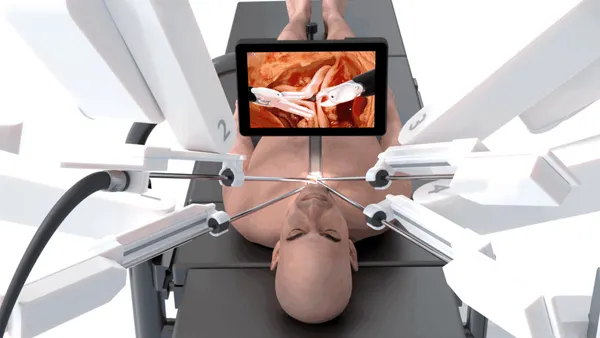Dive Brief:
-
Canada's health minister has told the nation's regulator to accelerate and expand efforts to strengthen the oversight of medical devices.
-
Writing in response to a journalistic investigation into device safety and regulation, Ginette Petitpas Taylor said she was "deeply concerned" about the accounts of Canadians who have suffered serious complications after receiving medical implants.
-
Petitpas Taylor wants to fix the issues raised in the investigation by strengthening premarket approval and postmarket oversight, and by making the regulatory system more transparent.
Dive Insight:
The regulation and safety of medical devices have become mainstream media topics in recent days on the back of an investigation by the International Consortium of Investigative Journalists and news organizations based around the world. In Canada, the investigation, dubbed the Implant Files, involved CBC News, Radio-Canada, Toronto Star and a decade's worth of documents from Health Canada, the nation's regulator.
Through analyses of the regulatory files and interviews with people who suffered complications after receiving implants, the news organizations painted a picture of a system that approves devices on the strength of limited data and then fails to adequately monitor their safety in real-world use.
The reports include criticism of Health Canada. Some of the criticisms relate to specific devices, such as Gynecare TVT Secur System. While FDA issued a warning about the surgical mesh in 2008, Health Canada took until 2010 to alert surgeons to risks posed by the implant. The reports also feature far broader criticisms, such as the suggestion that adverse events are going unreported.
After looking at the stash of adverse event reports obtained by the investigation, former FDA analyst Madris Tomes told CBS News the annual reporting numbers "seem very, very low" compared to the figures for the U.S. Tomes has seen underreporting before. FDA hired Tomes in 2010 to create its device monitoring system MAUDE. Two years later, the Office of Inspector General found hospital staff did not report 86% of adverse events.
The underreporting problem is one of three areas Petitpas Taylor wants Health Canada to address in an action plan for medical devices that is due to be published in the coming weeks. The health minister's statement provides a broad overview of the action plan but little in the way of detail.
On the postmarketing side, Petitpas Taylor said "Health Canada will take steps to improve the reporting of medical device incidents by industry, health professionals and Canadians and make these reports publicly available." Currently, only manufacturers and importers are legally required to report adverse events. New rules that require companies to promptly tell Health Canada when "key foreign regulators" issue device warnings are also in the works.
On the premarket front, Petitpas Taylor wants Health Canada to review its data requirements for the premarket approval of higher-risk medical devices, and to enable more research by health professionals.
When higher-risk devices are approved, Petitpas Taylor is promising to publish summaries of Health Canada's decisions. The summaries are part of a transparency agenda that also calls for the release of the clinical data used to support authorizations.
Petitpas Taylor's statement leaves many critical questions unanswered. As it stands, it is unclear what clinical data will be published and how Canada will try to increase adverse event reporting given the partly voluntary nature of its current system. Health Canada may provide answers to some of these questions when it publishes its action plan, likely before year's end.









